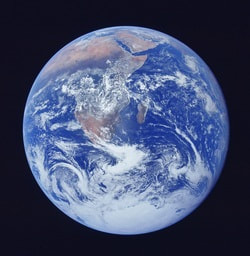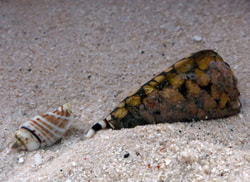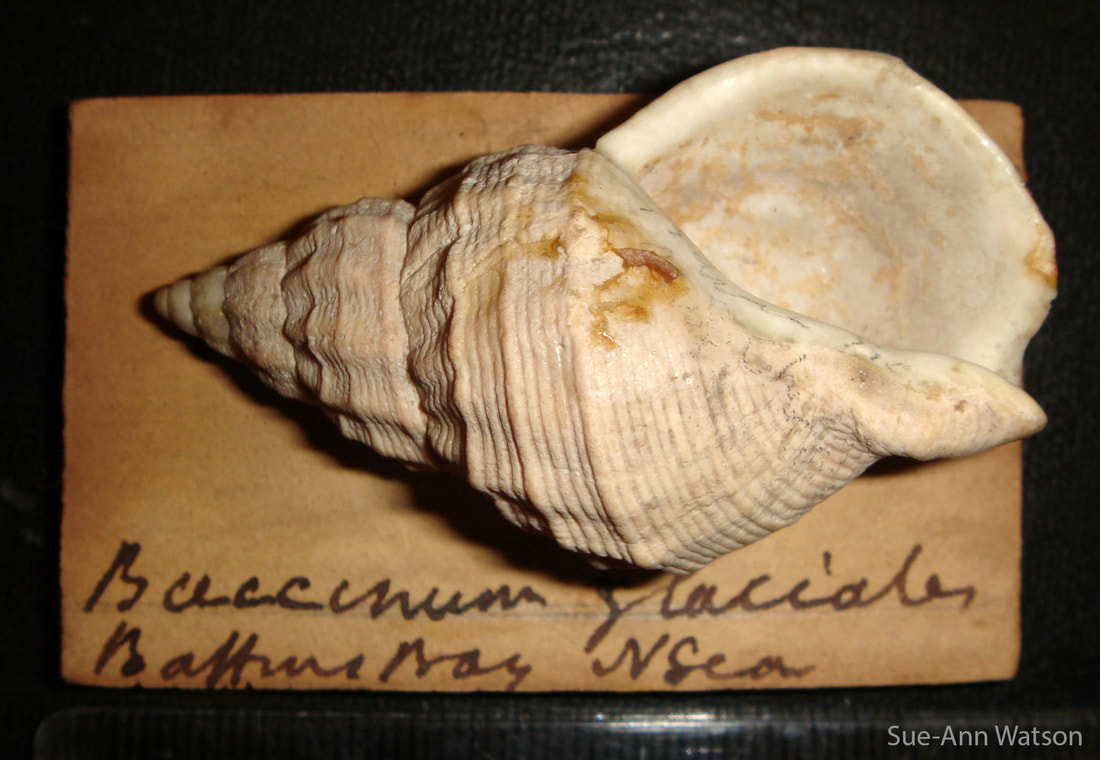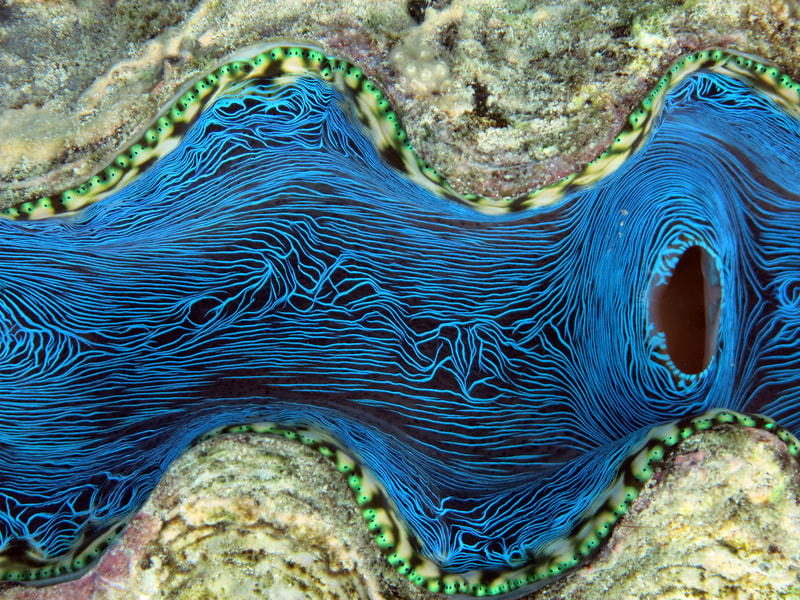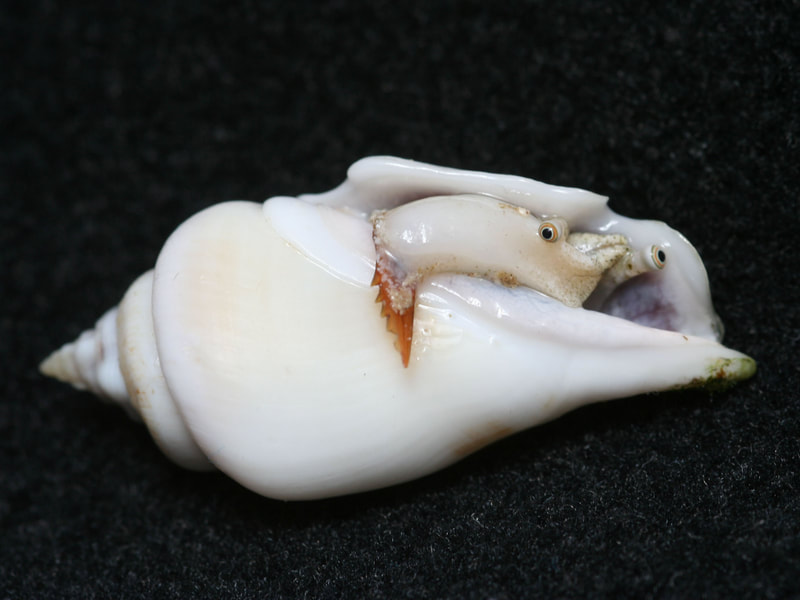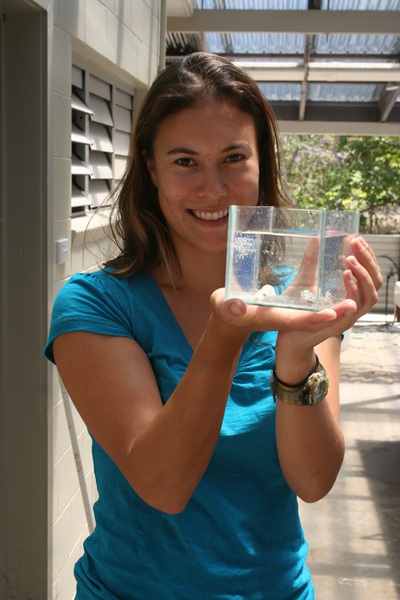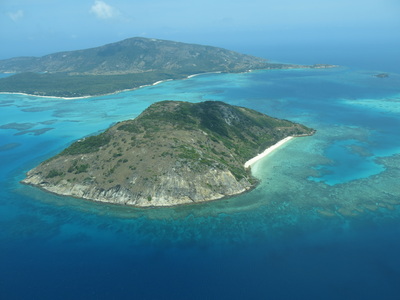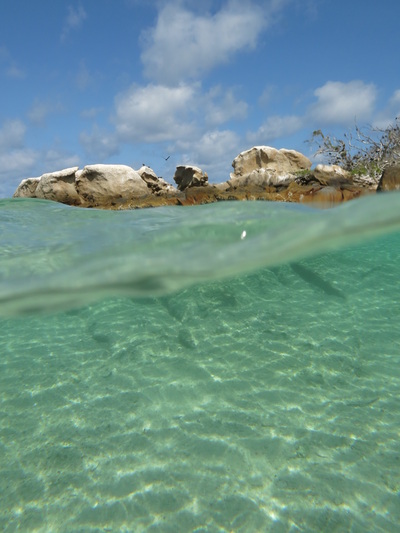Research interests
Our research focuses on the ecological and evolutionary responses of marine organisms to change, both in space (e.g. along natural evolutionary gradients) and time (e.g. responses to environmental change). We are particularly interested in large scale evolutionary patterns and ecological trends in calcareous marine invertebrates and the effects of stressors such as ocean acidification, warming and water quality impacts on marine invertebrates, corals and fishes. Our broad research interests include ecology, physiology, behaviour, biogeography and the potential for acclimation and adaptation to change in marine organisms.
Project areas
Project areas
- Marine invertebrate ecology and biodiversity
- Global change – ocean acidification and global warming
- Local-regional environmental impacts – water quality, light availability (turbidity), nutrients, salinity
- Behavioural ecology – including behavioural alteration caused by rising CO2 levels
- Predator-prey dynamics and trophic interactions
- Calcareous marine invertebrates
- Latitudinal gradients – evolutionary trends from the tropics to the poles
- Shell evolution – shell cost, defence and predation pressure
- Ecophysiology
- Acclimation and adaptation
- Great Barrier Reef marine invertebrates
Research themes
Evolutionary trends in marine invertebrates across latitudinal gradients
Evolution, ecology and biogeography of marine invertebrates - large scale evolutionary patterns and ecological trends in calcareous marine invertebrates (molluscs, echinoderms and brachiopods) across latitudes; patterns of invertebrate calcification and eco-physiology from the tropics to the poles in both Northern and Southern Hemispheres across 140 degrees of latitude; closely-related invertebrates, shell calcification traits and evolutionary timescales.
Impacts of environmental stressors on marine organisms
Ocean acidification and global warming; water quality - light availability (turbidity), nutrients, salinity; molluscs, corals, crown-of-thorns starfish, crustaceans and fishes; giant clam projects; developmental and trans-generational acclimation to climate change.
Ocean acidification and behavioural effects on marine animals
Behavioural effects of ocean acidification on marine invertebrates; jumping snails and global warming; predator-prey interactions and ocean acidification; GABA-A neurotransmitter receptors and ocean acidification.
Research organism examples: bivalve and gastropod molluscs (oysters, giant clams, jumping snails, cone snails, pteropods), crown-of-thorns starfish (COTS), hard and soft corals, crustaceans, sea urchins, fish (coral reef fish, kingfish, barramundi), brachiopods and sea cucumbers.
Research site examples: Australia, Singapore, French Polynesia, Antarctica, Arctic, UK, deep sea (Crozet Islands and North Atlantic abyssal plain), Falkland Islands and New Zealand.
